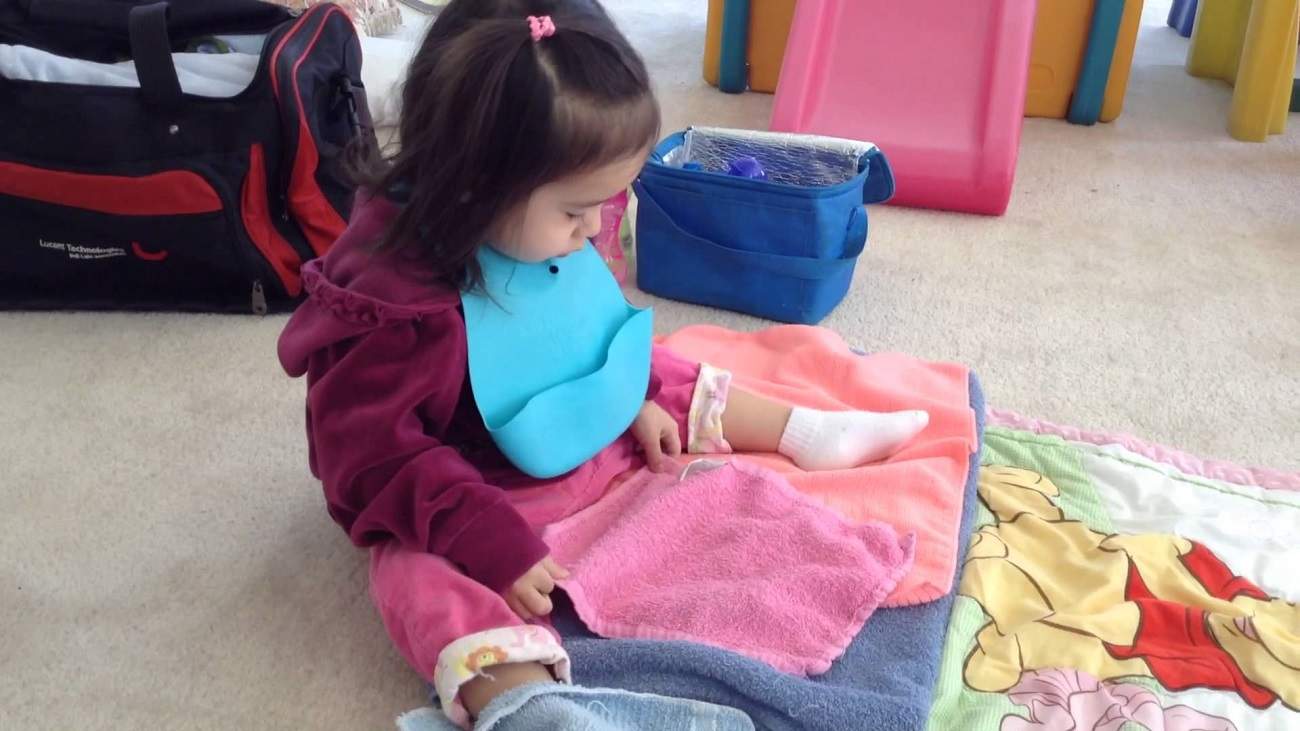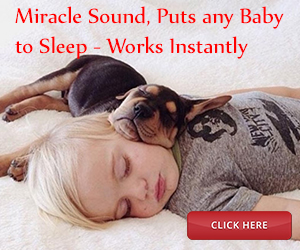Your toddler is growing at such a rapid rate at this time..!
You may feel frustrated as they seem to be acting out more at this time, but it is part of the growth and learning process. Just be firm, but patient. Here are some developmental guidelines for your child at 32 months of age.
Language development
At 32 months, your toddler is speaking in 5-6 word sentences and is now able to distinguish a little better between past and present tense, although there still may be some confusion.
They will start to ask you questions as you are reading stories to them and comment on the pictures. They should be able to begin to answer more questions such as “What is This?” They will be talking to themselves a lot both in play and while trying new tasks. This is an amazing time of discovery for your toddler.
Social and emotional development
 Your toddler is striving to become more independent every day. At this point, if potty trained, they may be able to use the bathroom with minimal assistance (it is important to supervise at this time as they like to “play” in the bathroom). They will want to do more and more without your assistance. There may still be feelings of frustration as they fail at asserting their independence, but again, this is part of the learning process. It also helps teach them to better control their emotions.
Your toddler is striving to become more independent every day. At this point, if potty trained, they may be able to use the bathroom with minimal assistance (it is important to supervise at this time as they like to “play” in the bathroom). They will want to do more and more without your assistance. There may still be feelings of frustration as they fail at asserting their independence, but again, this is part of the learning process. It also helps teach them to better control their emotions.
Your child will begin to engage in interactive play with other children around this time and start to form bonds with certain peers. They will start to be a little braver in approaching and engaging other children. And at this time they will also start to be more tolerant and accepting of new environments.
You child will be testing their boundaries and this point, and probably your patience as well. You need to set firm boundaries and explain the rules to your toddler.They will want to explore the world around them and need to know that there are limitations to what they can and cannot do at this point and time.
Physical development
Gross motor skills
Your child should be fine tuning their balancing skills and be able to balance for longer periods of time on one foot. They will probably enjoy jumping and bouncing and will try to jump off furniture and stairs and also are able to walk backwards down the stairs as well so it’s a good idea to keep those baby gates up and keep an eye on your toddler as they are getting more and more active at this time.
They will enjoy playing ball and are perfecting their overhand throw at this time so they will want you to engage them. They will begin to want to play “hide and seek” and more active games such as running and jumping. They should also be able to jump over a 6 inch barrier and are able to jump distances of 8 inches by now. It is important to engage your child in physical activity to help aid their coordination and development.
Fine motor skills
By 32 months, your child should be able to trace or copy a lot of shapes and symbols (X, Cross, etc). They should definitely start to prefer to use one hand over the other at this rate as they are scribbling spontaneously as they are trying to “write” their names and express themselves in new and creative ways. You may want to have a good number of age appropriate art supplies and activities on hand such as waterproof paints, markers, pencils and crayons…and plenty of paper! They are getting more skilled at putting together simple, larger puzzle pieces without your assistance.
They can now construct towers of up to 9 blocks (or more in some cases) and then to be overjoyed as they watch them tumble over. They may also enjoy seeing your reactions as well.
Cognitive development
Your child will begin to assert a great deal of independence at this age. They should be able to almost completely dress themselves by this time and may insist on picking out their own clothes.
They may start to exhibit some signs of stubbornness, such as refusing to nap. They may become whiney and start to talk back or act out. This is a normal part of development and will decrease over time. It is mainly your child’s way of expressing their frustrations as they are trying to be able to become more independent and find new ways to express their thoughts and emotions.
Your toddler should be able to name and identify about 6-8 body parts and can start to differentiate between sizes of objects. They should be able to wash and dry their hands themselves by now and self feed with little to no spillage. They may be able to start using regular plastic cups as opposed to “sippy cups” with lids. They are more open to trying new foods and can verbally tell you what they do and do not like.
You child is getting used to a consistent routine and may resist changes to this routine. By this point you should be able to discuss changes in routine with your child. Remember to speak clearly, and be patient. Their attention span is developing to about a 10 minute span as well.
Toddlers as this point should be almost fully potty trained. But do not become discouraged if they are not. Every child develops at a different rate. And even if they are fully trained, they may still have an occasional accident. Do not scold them as this could cause them to regress. They should be better able to control their bodily functions and should be able to tell you when they need to use the bathroom. However, they may be so involved in their play that you may need to remind them occasionally. Again, it’s a learning process for both parents and child and requires a lot of patience. Although you may not believe it now, you will look back at this time fondly as your child grows up!
Check on your next months toddler / child development, milestones & stages
12 Months Old – 13 Months Old – 14 Months Old – 15 Months Old –
16 Months Old – 17 Months Old – 18 Months Old – 19 Months Old
20 Months Old – 21 Months Old – 22 Months Old – 23 Months Old
24 Months Old – 25 Months Old – 26 Months Old – 27 Months Old
28 Months Old – 29 Months Old – 30 Months Old – 31 Months Old
33 Months Old – 34 Months Old – 35 Months Old – 36 Months Old


